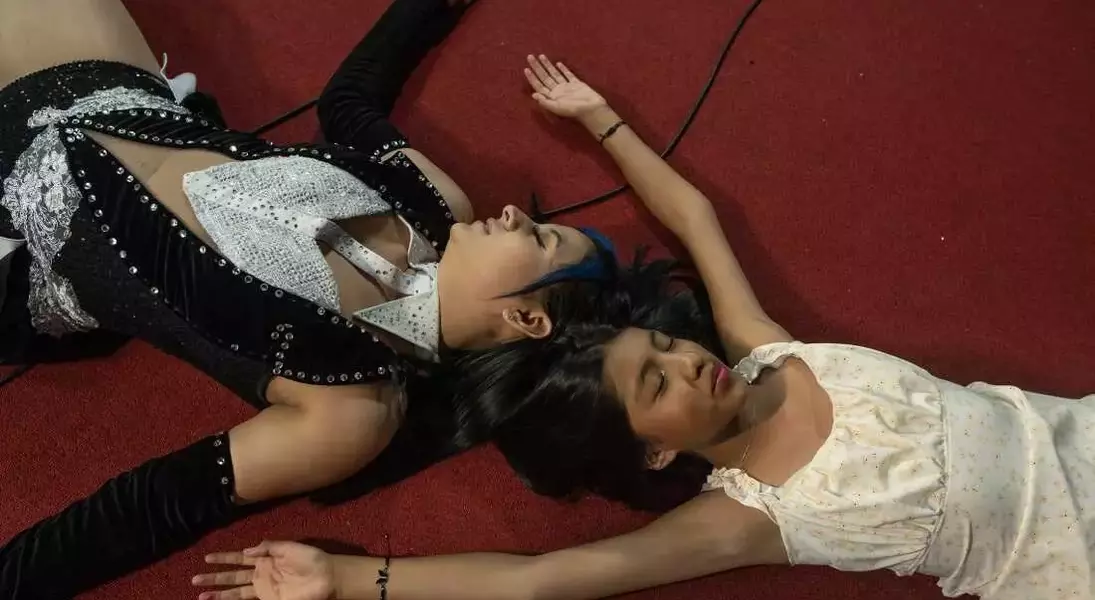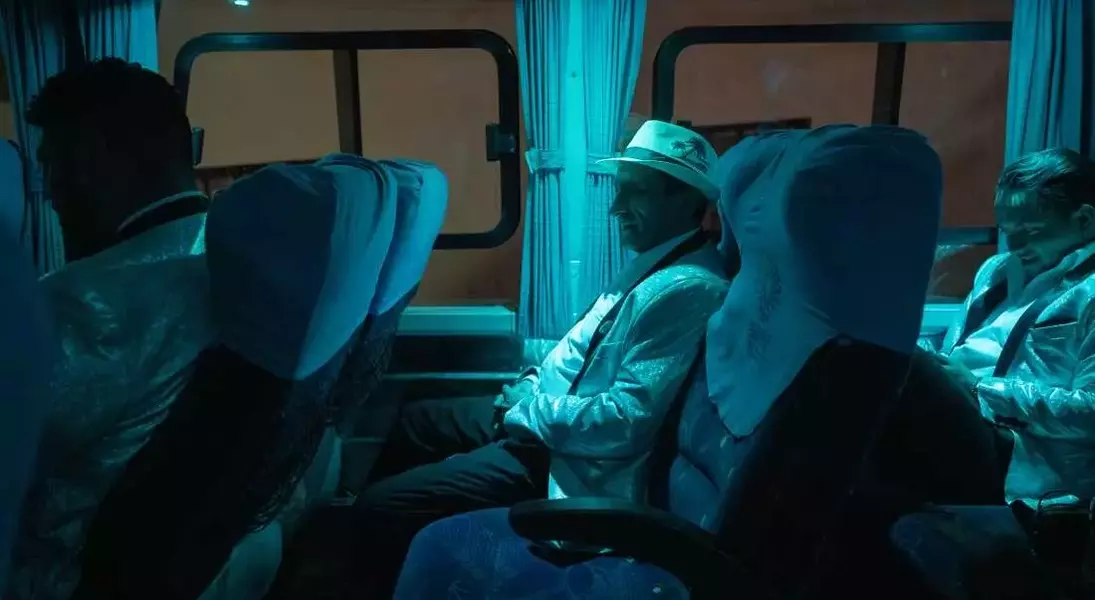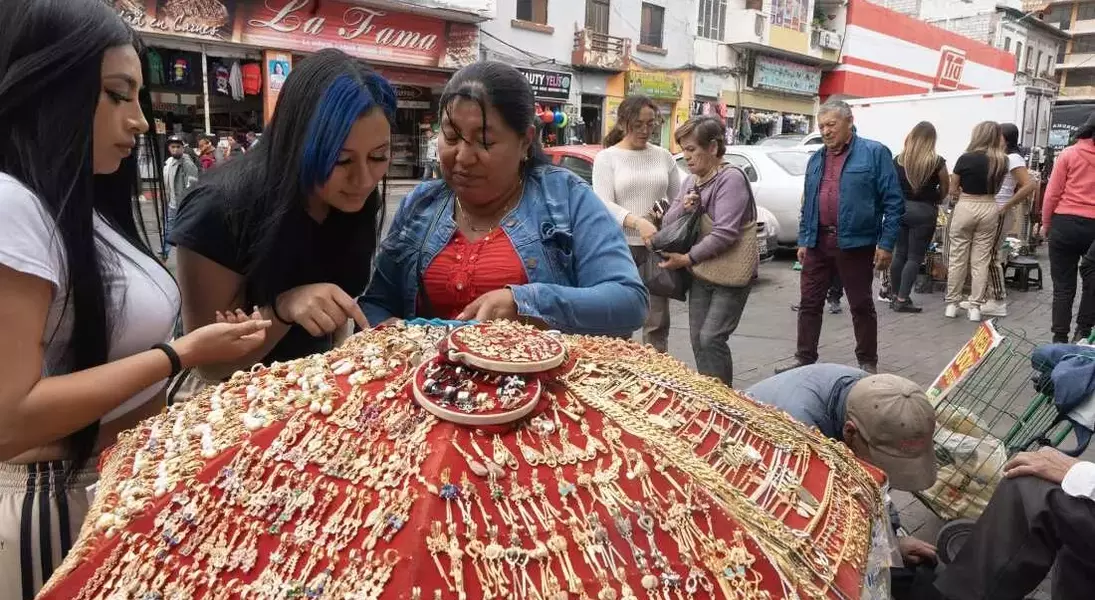
















Cumbia: The Heartbeat of Ecuadorian Identity and Innovation
The Genesis of Ecuadorian Cumbia: A Melodic Fusion
The earliest recorded Cumbia in Ecuador, titled \"Cumbia Triste\" from the late 1960s, was a foundational piece by Polibio Mayorga. This musician from Ambato skillfully blended traditional Andean rhythms, known as Sanjuanito, with rural Colombian Cumbia, which had already been adapted and popularized by the recording industry. Mayorga's innovative approach transformed the often-stigmatized national music of the Ecuadorian highlands, creating a new sound that resonated with provincial migrants settling in the country's burgeoning urban areas.
Medardo Luzuriaga's Legacy: Orchestrating a National Phenomenon
Building upon Mayorga's groundwork, Medardo Luzuriaga elevated Cumbia to a national sensation. His son, Manuel Luzuriaga, proudly continues this musical heritage as part of the Los Cumbancheros orchestra. Medardo, a revered figure in Ecuadorian Cumbia orchestras, founded \"Don Medardo y sus Players\" in the late 1960s. He produced over a hundred albums, and iconic tracks such as \"Cumbia Chonera\" and \"La Novia\" remain deeply embedded in the national consciousness. After his passing, many of his descendants formed their own orchestras, continuing to perform his timeless repertoire.
Technocumbia's Rise: Tierra Canela and the Modern Sound
Estefanny Guerrero's childhood dream of becoming a \"Canelita\" reflects the widespread appeal of Tierra Canela, a female technocumbia group known for recruiting young talent nationwide. Despite criticisms from some musicians and audiences who view them as merely attractive performers, the group members dedicate countless hours to vocal and dance training, mastering the art of captivating crowds. Technocumbia, a commercially successful genre, integrates indigenous Ecuadorian and Peruvian rhythms to create irresistibly danceable music.
Navigating the Industry: The Realities Behind the Glamour
Estefanny Guerrero eventually joined Tierra Canela, maintaining her signature red hair extensions. At 31, she plans to leave the group gracefully to avoid being replaced for being \"too old.\" Managers often pressure members to conceal their true age, marital status, or motherhood in interviews to uphold a youthful and unattached image. Despite these demanding restrictions, these artists frequently serve as the primary financial providers for their families, showcasing the personal sacrifices behind their public personas.
